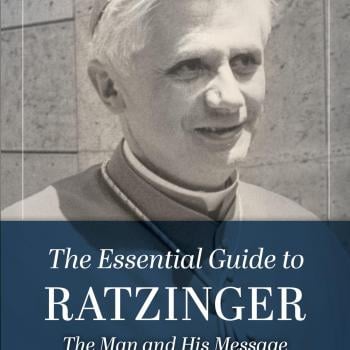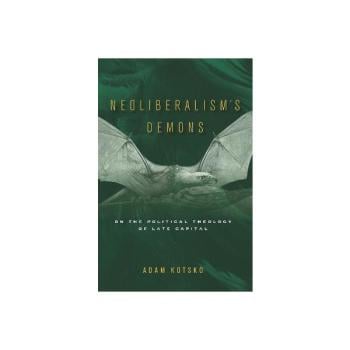Dr. Douwe Visser, from our WARC delegation, spoke of the necessity of future bilateral dialogues to account for the Church in their context. He underlined the historic commitments of the World Alliance in addressing justice issues confronted by churches, particularly in the global South. From our delegation's perspective, it was critical that the next round of bilateral talks between Reformed churches and the Roman Catholic Church look at justification as connected with justice as lived and experienced by churches in their contexts.
Over the course of the symposium, all participants agreed that there were several areas of convergence, no less than our common faith and commitments to the triune God, that will enable us to move forward. While we agreed that an ecumenical catechism would be a difficult venture and one that would have questionable reception and authoritative standing in our various communions, we explored possibilities of joint collaborations on catechetical resources, particularly a commentary on the Apostles' Creed. We saw how critical it will be to come to agreement on baptism and eventual mutual recognition of baptism. In doing so, that would pave the way toward fuller communion at the Eucharistic table. With regard to reception and an ecumenical consciousness in our churches, we recognized that that comes in many forms at many levels: personal, regional, national. People experience and participate in ecumenism not only with the official structures, but also with such places as Taizé and the Global Christian Forum.
A Concluding Word and a Personal Thought
Harvesting the Fruits reaped the fruit of tremendous labors of ecumenists of the latter part of the 20th century. The challenges of the 21st century present today's Church with unique opportunities for collaboration and almost force a third question to Harvesting's two questions "Where's the Church?" and "What's the Church?" -- it's a question that I asked in plenary discussions at the symposium, i.e., "Why the Church?" This ecclesiological question is of urgent importance in the face of globalization in the midst of war, terrorism, ecological degradation, and commodification of people and resources, and poverty at scales that we have not known. Beyond the point of relevance with the question of "Why the Church?" comes the starker reality -- what does the one, holy, catholic, apostolic Church uniquely and distinctly offer and bear witness to in partnership with other stakeholders and peacemakers and caregivers in the human family? Harvesting the Fruits signals a next generation of ecumenists to place their hands on the plow, for much work remains on the vineyard.
Neal D. Presa, Ph.D, is pastor of Middlesex Presbyterian Church in Middlesex, NJ. He serves as the Convenor/Chair of the Caribbean and North American Area Council of the World Alliance of Reformed Churches (WARC) and on the WARC Executive Committee. He received the Ph.D. in liturgical studies (liturgical theology) from Drew University. He and his wife, Grace, have two sons, and live in Middlesex, NJ. Neal may be contacted by email at [email protected] or www.facebook.com/NealPresa.




